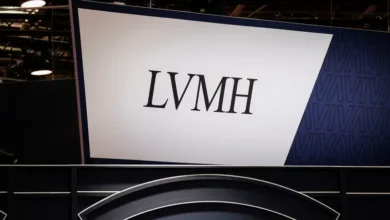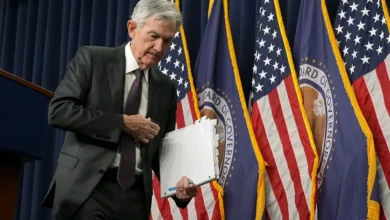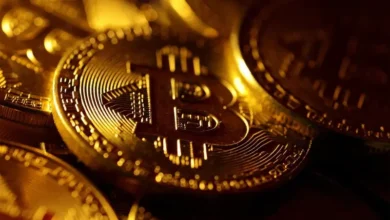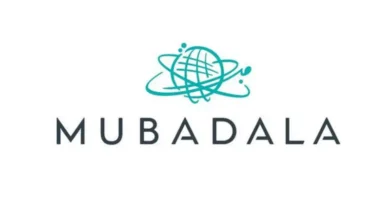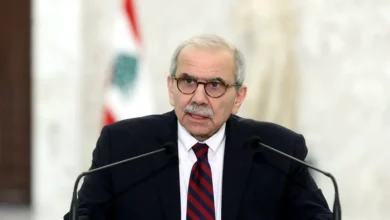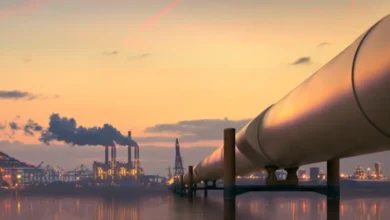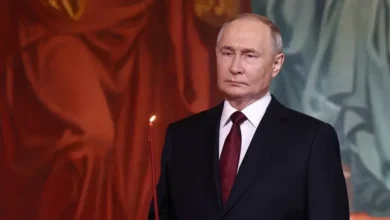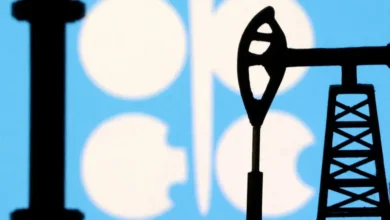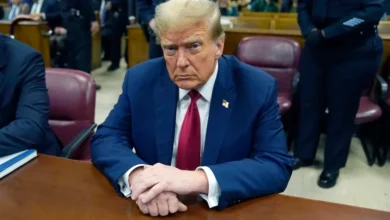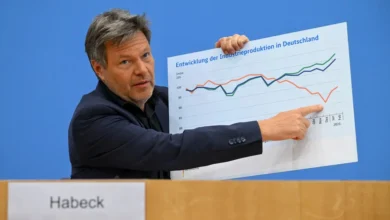Russian economic tsar tells Hadley Gamble ‘this is not a war economy’
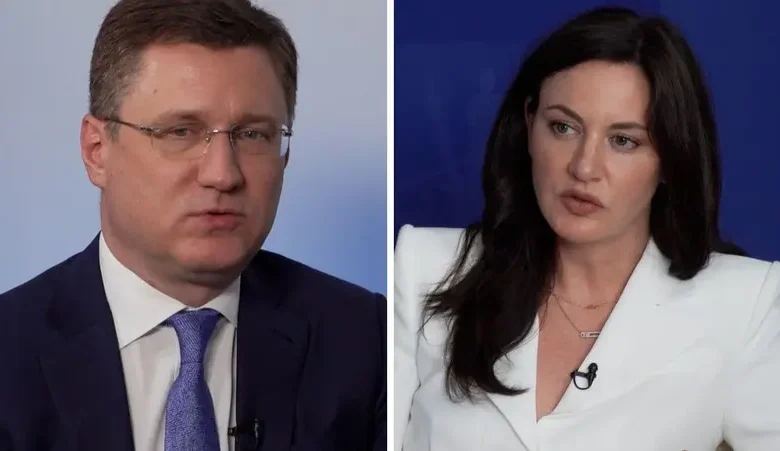
In an exclusive interview, Russia’s Deputy Prime Minister Alexander Novak played down the impact of Western sanctions on his country’s bottom line, pointing to the IMF’s 3.2 percent growth projections for 2024 and pointing out that Western countries are still importing Russian goods.
“I definitely do not believe that this is a war economy,” Novak said, adding that Russia’s economy is a “supply kind of economy” being developed to meet all needs, including social ones.
“We are investing in high-tech industries to ensure that traditional industries operate sustainably,” he added.
President Vladimir Putin’s recent decision to raise taxes, has been seen by many in the West as an acknowledgment that sanctions, imposed following Russia’s invasion of Ukraine in 2022, have had an impact.
However, Novak described the tax hikes as an improvement and “fine-tuning” of the existing system. He explained that the main goal is to “ensure a fair distribution of the tax burden between individuals and households… having the affluent pay more taxes” while supporting families in need.
Novak acknowledged that Western sanctions have been effective but said they have pushed Russia to focus more on domestic industries and R&D institutions instead of relying on imports.
“The sanctions have enabled us to boost the growth of the domestic market and consumption, which in turn has increased our gross domestic product,” he told Gamble.
Russia’s relations with China
Novak pushed back on the narrative that Russia is on the backfoot in its dealings with Beijing, telling Gamble the Moscow-Beijing relationship is fair and mutually beneficial, highlighting the development of trade and economic relations with various “friendly” countries and emphasizing opportunities for small and medium-sized businesses.
“As far as the relations with the friendly countries are concerned, we put quite a few of these with whom our relations have been developing for a lengthy period of time,” Novak said. “So today we are capable [of] develop[ing] the trade and economic relations with them. We establish new ways of cooperation, and this is easily justifiable to the Russians because we now are getting new opportunities for the small and medium businesses to grow, to expand trade, to start new manufacture in order to enjoy additional income for the wages to grow.”
He added that Russia is experiencing a “very high” wage growth rate, which he described as higher than before the sanctions.
Russian isolation
When asked about Russia’s potential reintegration into the global economy and cooperation with the US, Novak said that “unilateral restrictions” have not posed obstacles for the country. He pointed to Russia’s ongoing cooperation with several nations.
“Russian crude is still being supplied to Europe, and certain products are still delivered to the United States,” Novak noted. “Metals necessary for aircraft production are still being sent to France. So, even now, the Russian economy is not isolated.”
Greatest threat to oil markets
Geopolitical factors directly impact oil markets and are considered in OPEC+ decisions, according to Novak. However, the primary factors include strategic issues like energy transition and competition with renewable resources.
Short-term issues like central bank rate hikes and economic demand also play a role, he said.
“There are also factors of uncertainty, like the situation today in the Middle East, which undoubtedly has an impact,” he said.
Overall, the decision-making process is complex, according to Novak.
“In our decision-making, we consider not only short-term factors but also those that have long-term implications,” he said.
